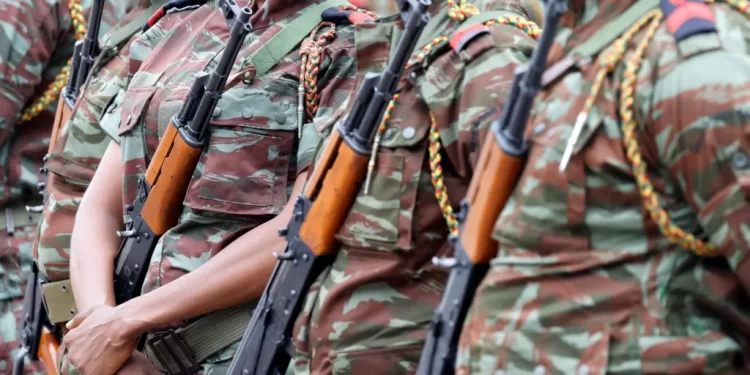Cotonou — The Government of Benin has confirmed that 54 soldiers were killed in coordinated attacks by suspected jihadist militants in the northern part of the country near the borders with Burkina Faso and Niger.
This marks the deadliest assault on Beninese forces since extremist violence began spilling into the country from the Sahel region.
Initial reports from authorities had cited only eight fatalities, but the revised death toll was formally acknowledged on Wednesday following further assessments by security and intelligence services.
According to the government, the attacks targeted two military outposts and were carried out by militants affiliated with Jama’at Nusrat al-Islam wal Muslimeen (JNIM), an al-Qaeda-linked group based in Mali.
JNIM has since claimed responsibility for the assault, which aligns with their ongoing expansion of operations into West African coastal states.
Presidential spokesperson Serge Nonvignon described the losses as “heavy for the nation,” and expressed solidarity with the families of the fallen.
Government communications director Wilfried Léandre Houngbédji reiterated Benin’s resolve to counter extremist threats, stating: “We will not give in. I assure you, sooner or later, we will prevail.”
Benin, once considered largely insulated from regional terrorism, has in recent years seen a notable increase in jihadist activity along its northern frontier.
Read Also: Ghana to commence issuance of chip-embedded passports on April 28
The violence, largely driven by armed groups linked to both al-Qaeda and the Islamic State, has steadily spread from the Sahel—particularly Mali, Niger, and Burkina Faso—into the Gulf of Guinea region, placing Benin and Togo on heightened security alert.
The government has indicated that it will intensify counter-terrorism operations and reinforce border security in collaboration with regional and international partners.
The announcement comes amid growing concern over the southward expansion of jihadist networks, which continues to pose significant security, humanitarian, and development challenges across West Africa.
SOURCE: BBC NEWS


























